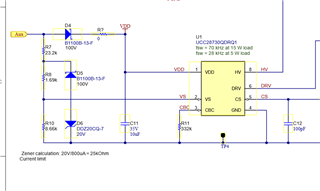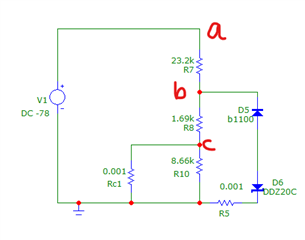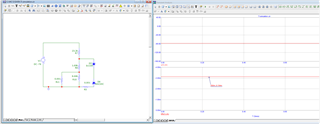 Can someone please explain the purpose of D5 and D6 in the Auxiliary section? Thanks in advance
Can someone please explain the purpose of D5 and D6 in the Auxiliary section? Thanks in advance
-
Ask a related question
What is a related question?A related question is a question created from another question. When the related question is created, it will be automatically linked to the original question.



